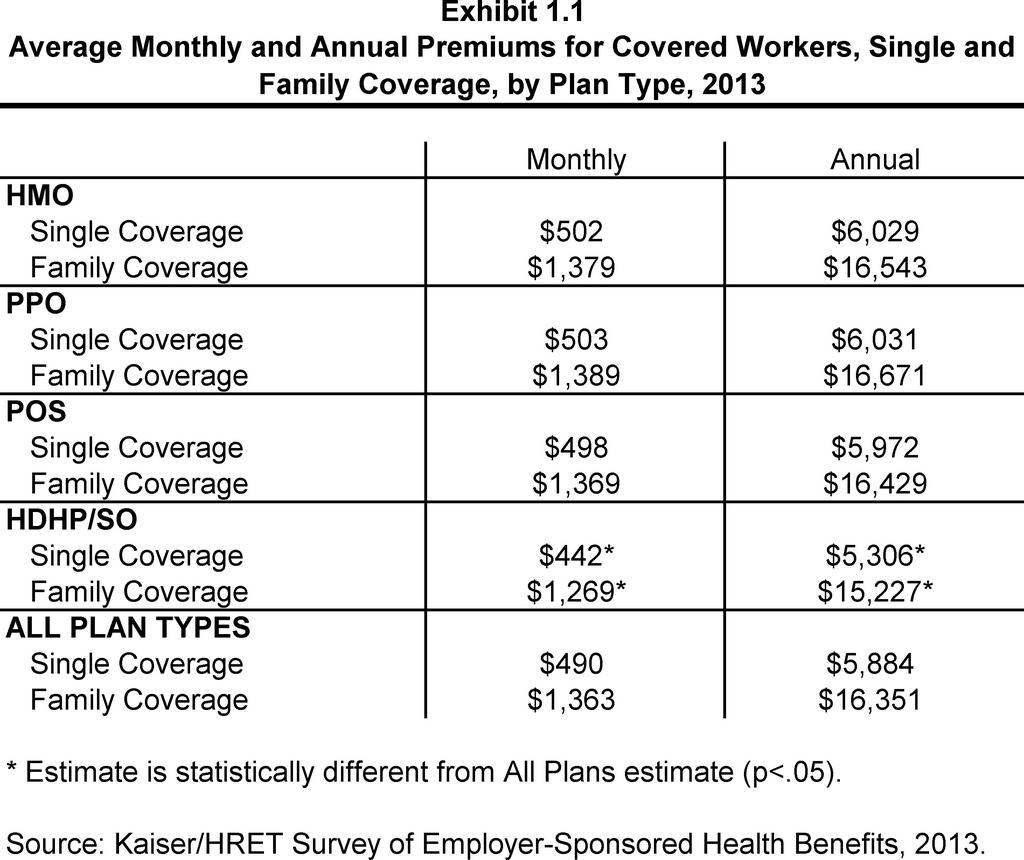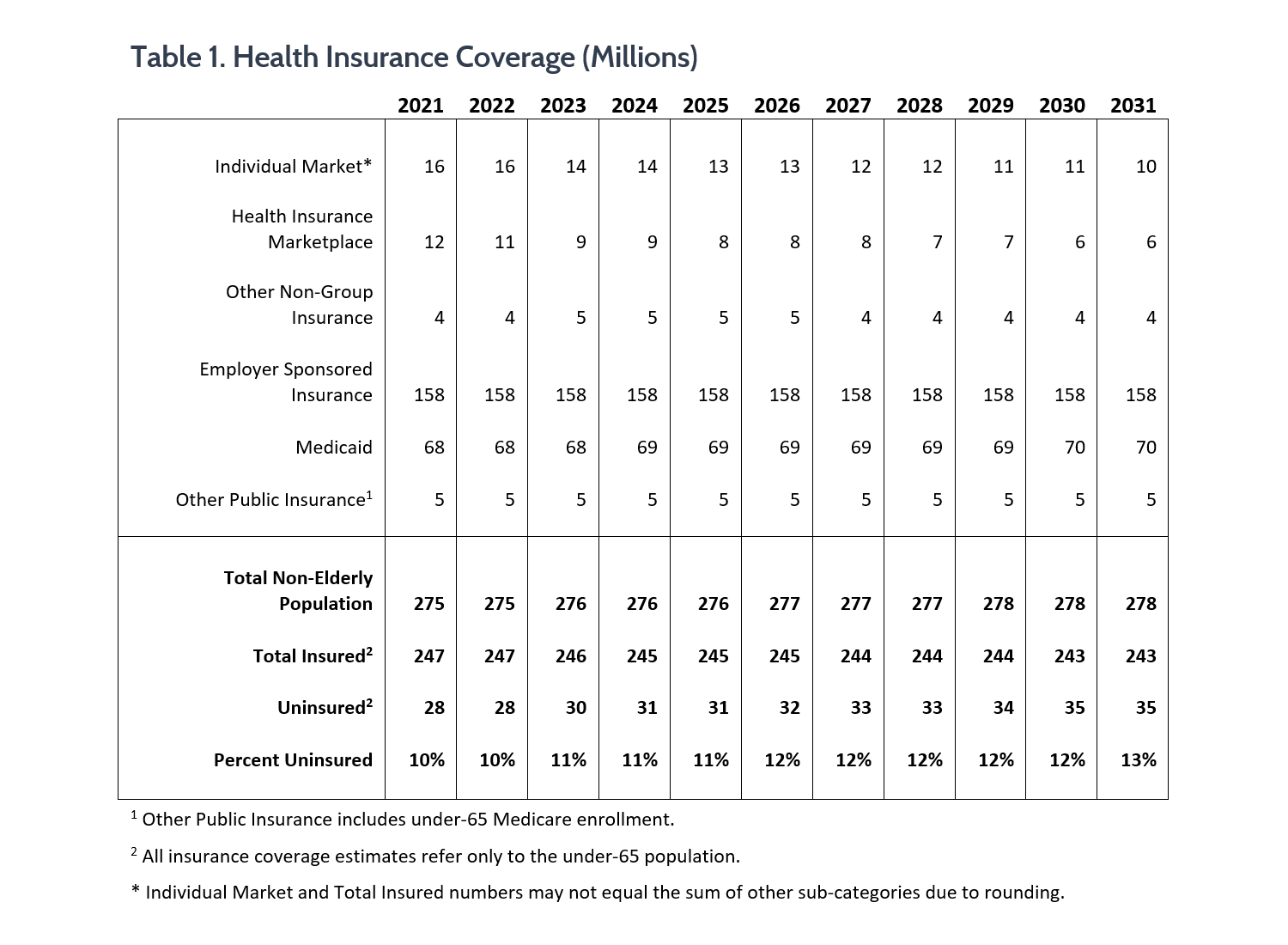
A PPO plan is a type of health insurance that allows you to see a doctor or hospital in network, or out of network. However, the plan can cost more than an HMO, and your out-of-pocket costs are higher. Whether a PPO is right for you depends on your needs and your budget. There are many benefits to choosing a PPO.
Flexibility is one the greatest advantages of a PPO. Providers can be found in nearly every state and city. This allows you to easily locate the best doctors and medical care in your locality. The PPO network encourages in-network healthcare so you might pay less for the services that you require.
A PPO also gives you the freedom to choose your primary care physician. In some cases, you will not need a referral from your PCP to see a specialist. It is possible to visit specialists without the referral of your PCP. For certain healthcare services, you might have to pay a copay or a fixed dollar amount.

It is possible to save money by calling your insurance before you get care from an out of network provider. This will prevent your claim being denied and can help you avoid paying unnecessary treatment.
A PPO allows you to use any provider within the network. This gives you the freedom to choose the doctor you want. However, you will still need to pay for care that you receive outside the network. Even though insurance companies and doctors often offer lower rates, it is possible to pay more if you use an outside-of-network provider.
A PPO offers another benefit: Your doctor and any other medical professionals can negotiate with health facilities about fees and schedules. A PPO gives you greater options for testing and laboratory locations. You can receive the care you need even when you are away or traveling.
Other factors that you should consider when selecting a PPO include deductibles and copays. The deductible is a set amount that you must pay each year before your insurance coverage kicks in. Typically, the first $1,000 of your costs are covered. After that amount, your insurance company will pay the rest. The copay is a fixed dollar amount you pay for each visit to a provider. Depending on which plan you have, you might also need to pay for birth control and tonsillectomies. The pharmacy can be paid for by you, but your insurance company will determine what prescriptions are covered.

PPO insurance policies are a good option for people who manage their own healthcare. It is a great option for people who travel frequently and want the ability to see any health care provider. You will need to consider your specific needs, your budget, as well as your lifestyle.